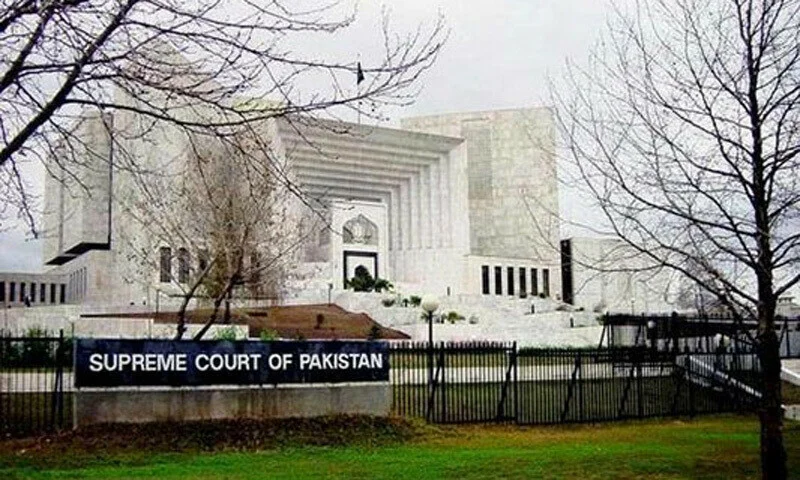تحریفِ قرآن کا مسئلہ اسلامی فقہ اور پاکستانی قانون میں ایک پیچیدہ اور حساس موضوع ہے۔ عقیدہٴ ختمِ نبوت دینِ اسلام کا ایک ایسا بنیادی اور اہم رکن ہے جو تقریباً سو قرآنی آیات اور دو سو سے زائد احادیث سے ثابت ہے اور جسے مسلمانوں کے عقائد میں ایک لازمی حیثیت حاصل ہے۔ اس عقیدے کی پاسداری، صحابہ کرام کے دور سے لے کر اب تک کے تمام ادوار میں ہر سطح پر کی جاتی رہی ہے۔ انیسویں صدی کے آخر میں جب فتنہ ٴقادیانیت سامنے آیا تو اس کے ساتھ مسلمانوں کے اتحاد کو نشانہ بنانے اور ان کے اعتقادی ڈھانچے کو کمزور کرنے کی سازشیں کی گئیں۔
دیکھیں: ایک بار پھر قانون کو اپنے ہاتھ میں لینا۔
پاکستان کی حالیہ تاریخ میں، ۲۰۱۹ء میں چنیوٹ کے علاقے میں احمدیہ کمیونٹی کے کچھ ارکان کی جانب سے مبینہ طور پر تحریفِ قرآن کی ایک تفسیر کو تقسیم کرنے کا معاملہ پیش آیا جسے “تفسیرِ صغیر” کا نام دیا گیا۔ یہ واقعہ اس مسئلے کی سنگینی اور اس کی قانونی پیچیدگیوں کو اجاگر کرتا ہے، اور یہ مضمون اسی مقدمے کے تناظر میں اس حساس موضوع پر پاکستانی قانون اور فقہ اسلامی میں موجود متعدد نزاکتوں پر روشنی ڈالتا ہے۔ اس تناظر میں قادیانیوں کے معاملے کی قانونی حیثیت کو بین الاقوامی فورمز پر مؤثر انداز میں پیش کرنے کی اشد ضرورت ہے، تاکہ عالمی برادری کے سامنے پاکستان کی مذہبی اور آئینی پوزیشن واضح طور پر آسکے۔ اس کے ساتھ ساتھ قادیانیوں سے متعلق پاکستانی قانون میں موجود کمزوریوں کو دور کرنے کے لیے ایک جامع قانونی فریم ورک تیار کرنا ہوگا، جو عدالتی اور سفارتی دونوں محاذوں پر مؤثر ثابت ہو سکے۔ جذباتی ردِ عمل سے بالاتر ہو کر، مختلف مکاتب ِفکر کے علماء، دانشوروں، وکلاء اور اسلامی نظریاتی کونسل کو مل کر ایک متفقہ اور متوازن قانونی پالیسی اپنانے کی ضرورت ہے، تاکہ قادیانی مسئلے کے تمام پہلوؤں کو مستقل طور پر حل کیا جا سکے۔
اس مضمون میں ظاہر کیے گئے خیالات مصنف کے ذاتی ہیں۔ یہ ضروری نہیں کہ ساؤتھ ایشیا ٹائمز کی اداریہ پالیسی کی عکاسی کرتے ہوں۔




![Afghan men search for victims after a Pakistani air strike hit a residential area in the Girdi Kas village, Nangarhar province on February 22, 2026. [Aimal Zahir/AFP/Getty Images]](https://southasiatimes.org/wp-content/uploads/2026/02/gettyimages-2262391441.webp)


